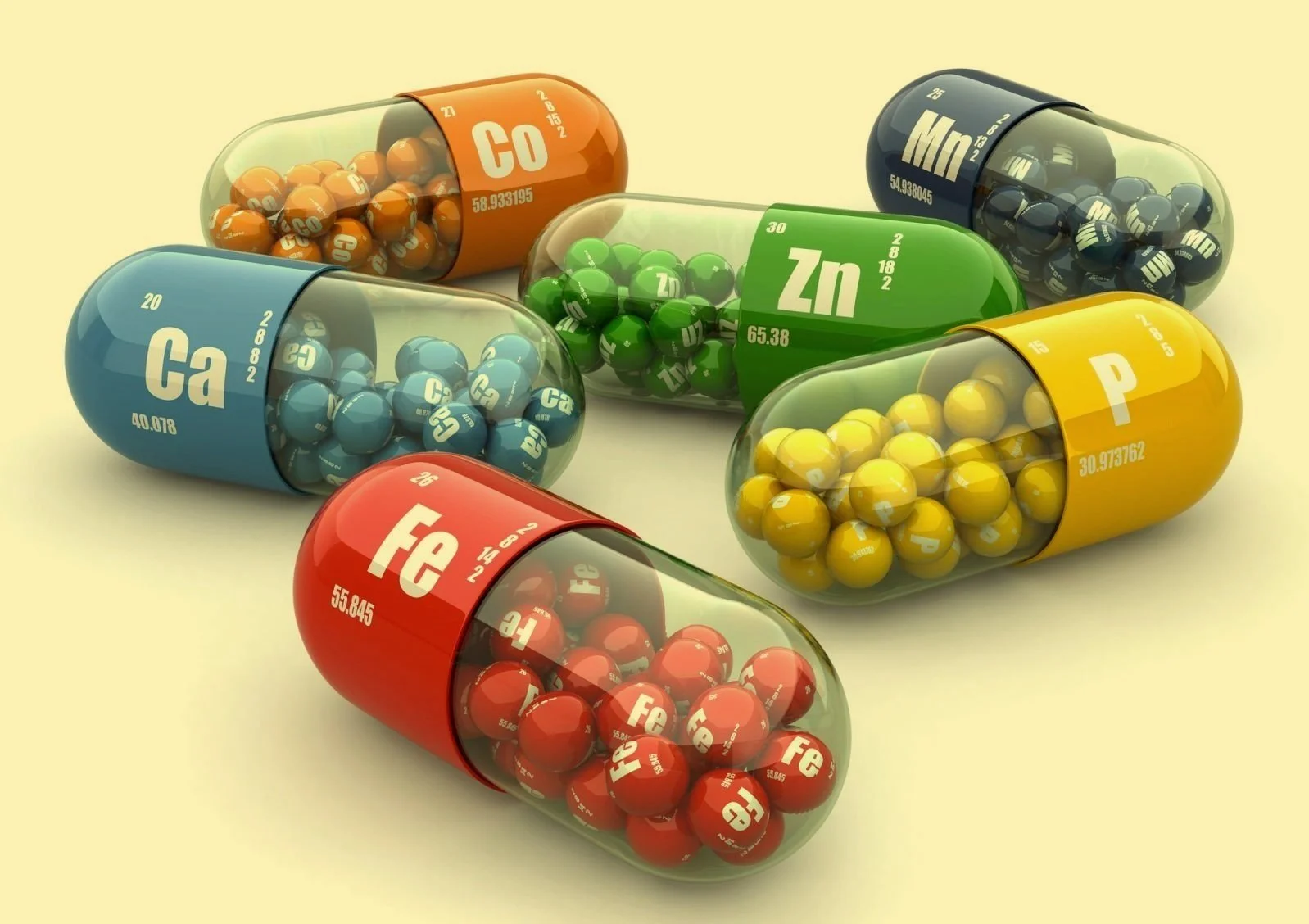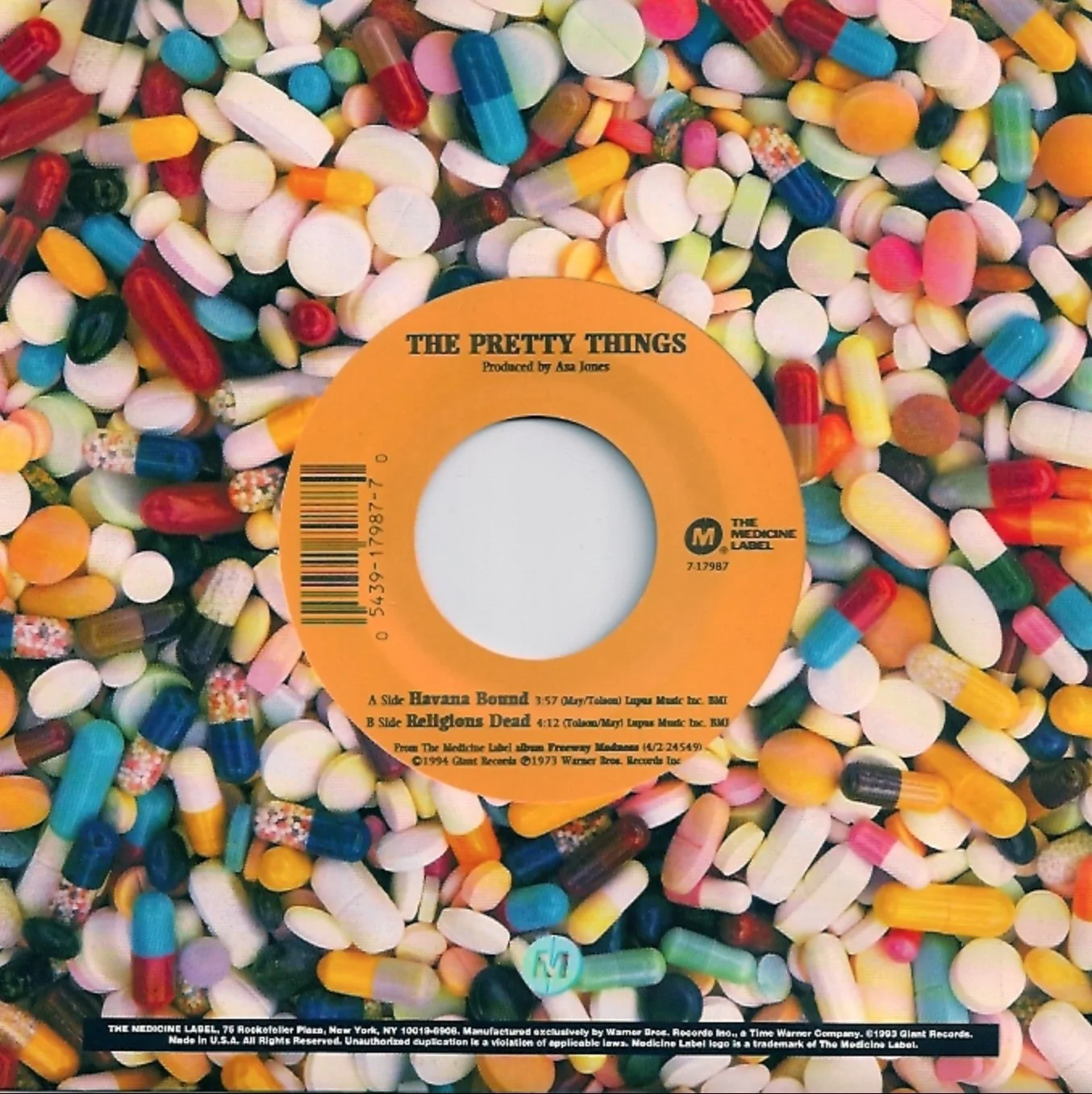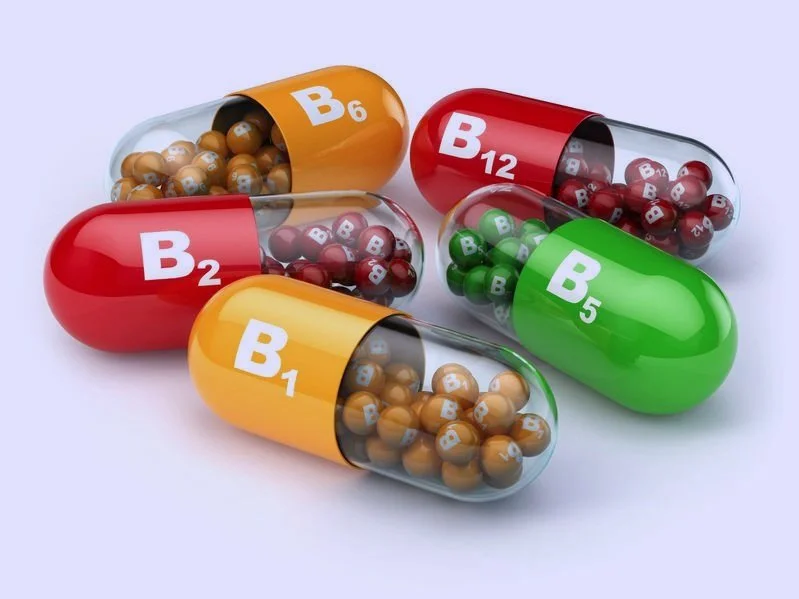By The Landlord
“Music is the wine that fills the cup of silence.” – Robert Fripp
“I like beautiful melodies telling me terrible things.” – Tom Waits
“Music acts like a magic key, to which the most tightly closed heart opens.” – Maria von Trapp
“There is no feeling, except the extremes of fear and grief, that does not find relief in music.” – George Eliot, The Mill on the Floss
“Music gives a soul to the universe, wings to the mind, flight to the imagination and life to everything.” – Plato
“Music produces a kind of pleasure which human nature cannot do without.” – Confucius, The Book of Rites
“Without music, life would be a mistake … And those who were seen dancing were thought to be insane by those who could not hear the music.” – Friedrich Nietzsche
“It’s extraordinary how potent cheap music is.“ – Noel Coward
“Who hears music, feels his solitude
Peopled at once.” – Robert Browning
“A person who … does not regard music as a marvellous creation of God, must be a clodhopper indeed and does not deserve to be called a human being; he should be permitted to hear nothing but the braying of asses and the grunting of hogs.” – Martin Luther
It’s good for you, of course, but how? Already here today, from Plato to Martin Luther, Robert Fripp to Tom Waits to Maria, the matriarch of the Trapp Family Singers who inspired that famous musical, and many, many more, they’re all offering similar thoughts, and it’s almost something of a cliche, each though with different nuance, perspective and emphasis, but all leading to the same conclusion.
So perhaps that’s why we all do it. But what happens to your brain and body? Do you see music in colours, feelings, shapes? Does it embed a greater sense of belonging, or identity? Does listening mean engagement, stimulation, making you feel alive? So much research, including at John Hopkins Medical School, has shown that “listening to music can reduce anxiety, blood pressure, and pain, as well as improve sleep quality, mood, mental alertness and memory,” and that “low tempo and low energy music before bed will facilitate deeper relaxation and individuals going to sleep”.
Perhaps then this very place, The Song Bar, should receive government funding for its many public health benefits …
But this week our topic, at least from the onset, is focusing on songs that directly refer to the many health, stimulation and nutritional aspects of this artform. That might refer to brain, mood or the body, though they are all connected. Firstly, could that mean food metaphors? It certainly might. Food in general is a topic done long ago and rather briefly, and there have since been other more specific topics such as cake, baking, and biscuits, but this time that metaphor should related to music or songs, in general or particular. But also, on a second level, this can be a more impressionistic, with songs that bring health benefits in a more subjective way without lyrical reference.
Music’s terminology already lends itself to some metaphors. Bars of energy? Vitamins A to E? The tonic note of the scale? A packet of quavers, anyone? Perhaps not all that nutritional, but strangely tasty and addictive. Anyone fancy a special Song Bar Special Health Shake, that being the jazz term describing a trill between one note and its minor third; or, with brass instruments, between a note and its next overblown harmonic? But alongside those tasty Italian terms dolcemente, fresco, expressivo, and gustoso, now those silly tidbits are out of the way, let’s get down to the true benefits of music with the science bit.
Turntable cake
The benefits of music on the brain are numerous, and according to this research summary, which also highlights the many parts from the frontal and temporal lobes to the emotionally centred amygdala or memory retrieval hippocampus, listening to music doesn’t merely strengthen many areas, but can also ease or heal problems such as seizures or anxiety. And music that makes you smarter isn’t merely Mozart, but anything that stimulates.
After lots of perusal of more heavyweight research papers, I’ve found the most concise and engaging presentation comes in these animations, describing the physical process of music transmission to the brain, including how electronic signals are carried by nerve cells called neurons via the cochlear nerve system.
While listening to music has many positive effects, playing music has an even more dramatic result:
But aside from the actual process, what about the emotional and physiological response when we hear or play music? That familiar feeling of goosebumps or a chill down the back of the neck? And why do we have a particularly strong reaction when hearing a high-pitched voice? Much of this is due to what’s going on in the pre-frontal cortex. And in addition, watch what happens to the brain when it’s improvising, perhaps arguably the highest form of human expression:
The improvisational effect on the brain is extraordinary. Perhaps this is what the great Nina Simone meant when she said: “Jazz is not just music, it’s a way of life, it’s a way of being, a way of thinking.”
The most famous line about music as nutrition of course comes from Shakespeare, but there’ much more to it that music being the food of love:
In this monologue by Duke Orsino in Twelfth Night, he considers that the benefits of music and love are subject to how much, and what quality are consumed. In this BBC TV adaptation, Orsino turns on a radio, and at first is stimulated by a sugary dance music, until he realises that “’tis not so sweet now as it was before”:
If music be the food of love, play on;
Give me excess of it, that, surfeiting,
The appetite may sicken, and so die.
That strain again! it had a dying fall:
O, it came o'er my ear like the sweet sound,
That breathes upon a bank of violets,
Stealing and giving odour! Enough; no more:
'Tis not so sweet now as it was before.
The 17th-century composer Henry Purcell took Shakespeare’s line, and in 1690 composed his own version with different subsequent words intertwining the love metaphor that takes on the state of excess in which “pleasures invade both eye and ear”:
If music be the food of love,
Sing on till I am fill’d with joy;
For then my list’ning soul you move
To pleasures that can never cloy.
Your eyes, your mien, your tongue declare
That you are music ev’rywhere.
Pleasures invade both eye and ear,
So fierce the transports are, they wound,
And all my senses feasted are,
Tho’ yet the treat is only sound,
Sure I must perish by your charms,
Unless you save me in your arms.
But are many other visitors to the Bar eager to add to this discussion, some grandiloquent, others more lower key.
“Music is an agreeable harmony for the honour of God and the permissible delights of the soul,” proclaims Johann Sebastian Bach.
“Music is the moonlight in the gloomy night of life,” says Jean Paul Friedrich Richter.
“Music is like a huge release of tension,” reckons a quieter, but more succinct James Taylor.
“I think music in itself is healing. It's an explosive expression of humanity. It's something we are all touched by. No matter what culture we're from, everyone loves music,” adds Billy Joel, having an upbeat addition and a tinker on our piano in the corner.
Piano ham sandwich, anyone? No, me neither
But can music have more than a mood-lifting effect? Here’s a bigger question: “Can a mere song change a people's minds?” asks Elvis Costello. "I doubt that it is so. But a song can infiltrate your heart and the heart may change your mind.”
The hard-drinking, hyperactive Hunter S Thompson is also holding court stimulated by, among other things, our nutritional bars: “Music has always been a matter of Energy to me, a question of Fuel. Sentimental people call it Inspiration, but what they really mean is Fuel. I have always needed Fuel. I am a serious consumer. On some nights I still believe that a car with the gas needle on empty can run about fifty more miles if you have the right music very loud on the radio.”
Pills and thrills on a Pretty Things single
For Hunter music is another form of stimulation, but, of course, can it be overdone? Is that what Noel Coward meant by the potency of “cheap music”? There are those moments when some treats can feel both good and bad for you at the same time, the musical equivalent of sweets, chocolate or cake. And in an interest twist, and another piece of research found that the level of music playing in a restaurant, among other forms of activity, can affect what you order. How?
Loud music in bars or restaurants seems to have the effect of reducing conversation and consequently increasing the volume of drinks ordered. It’s a manipulative form of retail or consumer science, but also a health matter. In this study from Journal of the Academy of Marketing Sciences, the findings from research conducted in a cafe in Sweden, that while louder music was playing, 52% of customers ordered something unhealthy, compared to 42% when the quieter music was playing. Similarly, the proportion of customers who bought healthy items was higher during the quieter times.
But play it soft, or play it loud, it’s not just metaphorical food or drink of music, but the company that comes with it that has, hopefully a beneficial effect. So it’s time now for you, learned Bar patrons, to get stuck into this tasty, nutritional topic. And after the initial more specific topic focus, perhaps songs that lift mood or generally make you feel better mentally or physically can also count, with that direction under this week’s tasty musical chef, returning to behind the counter, the paragon of music taste - ParaMhor! Please put your nominations in comments below, with deadline on Monday at 11pm UK time, for playlists published next week. It’s all of mutual benefit.
Complex music in the key of B?
New to comment? It is quick and easy. You just need to login to Disqus once. All is explained in About/FAQs ...
Fancy a turn behind the pumps at The Song Bar? Care to choose a playlist from songs nominated and write something about it? Then feel free to contact The Song Bar here, or try the usual email address. Also please follow us social media: Song Bar Twitter, Song Bar Facebook. Song Bar YouTube, and Song Bar Instagram. Please subscribe, follow and share.
Song Bar is non-profit and is simply about sharing great music. We don’t do clickbait or advertisements. Please make any donation to help keep the Bar running:





